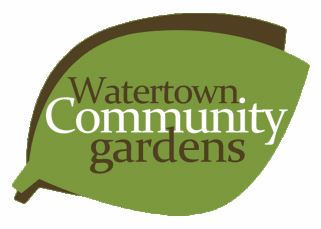Invasive Species
Here is some basic information on invasive species from Invasive.org
What is an invasive species?
An invasive species is any non-native organism whose introduction can cause harm to the environment, human health or economic interests. Some of the invasive species on this website are already serious pests in North America, while others are not yet widespread.
What type of harm does an invasive species do?
Since invasive species are in a new environment, free from natural predators, parasites, or competitors, they often develop large population sizes very rapidly. These high populations can out-compete, displace or kill native species or can reduce wildlife food and habitat. Some also have the potential to disrupt vital ecosystem functions, such as water flow, nutrient cycling, or soil decomposition. Other invasive species cause massive amounts of economic damage to the agricultural business by destroying crops and contaminating produce. Some invasive species can cause direct harm to humans or domestic animals.
What can I do to fight these exotic pests?
The simplest and most important thing anybody can do to help fight invasive species is to prevent its' introduction and establishment! Invasive organisms can easily be transported on living plants or fresh products such as fruit. Many pests can be found in recently killed plant material including firewood, lumber, and wooden packing material. Avoiding the long range movement of these materials is a simple way to slow the spread of pests. Buying only certified pest-free nursery stock is also a good idea.
It is important to educate yourself and keep up to date on the status of these and other pests. Resources are available through your local extension office and on the web at www.bugwood.org and other websites. These resources have information on how to identify and control exotic pests that have already been introduced. By knowing what to look for and rapidly identifying any new introductions, we may be able to minimize the impact of new invaders. Report any occurrence of invasive species to your local county extension agent, state forestry agency, or to other federal or state natural resource or agricultural agencies. Spread the word; tell your neighbors if you see invasive species on their land. Volunteer with natural resource agencies to control invasive species. Control of small infestations is more effective and economical than trying to control a well-established, rapidly spreading infestation.
Common invasive species in and around Watertown
- Black swallow-wort Black Swallow-wort (Cynanchum louiseae) (invasive.org) - 5ppg
- Multi flora rose Multiflora Rose (Rosa multiflora) (invasive.org)
- Japanese knotweed Japanese Knotweed (Polygonum cuspidatum) (invasive.org)
- Oriental bittersweet Oriental Bittersweet (Celastrus orbiculatus) (invasive.org)
- Garlic mustard Garlic Mustard (Alliaria petiolata) (invasive.org)
- Asian jumping worms Jumping Worm Factsheet
- Spotted lantern fly Landscape: Spotted Lanternfly Management | Center for Agriculture, Food, and the Environment at UMass Amherst
